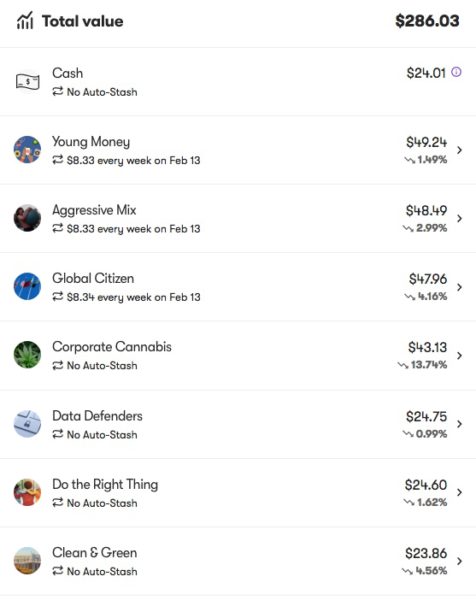FINOS
In December I wrote about the Symphony Software Foundation as it was launching the NYC Open Source Fintech Meetup.
Yesterday the foundation announced a new name: FINOS.
FINOS is about supporting open source software efforts across the financial services industry.
Financial services has often lagged other industries in adopting open source software related development practices, but that situation is changing quickly. Quantitative trading firms like Jane Street have built entire businesses based on open source. And perhaps there is no better example of the degree to which open source is impacting financial services (and other industries of course) than bitcoin, ethereum, and other crypto projects.
FINOS Executive Director, Gabriele Columbro, described the FINOS mission as follows:
In the industries where open source has succeeded, independent entities such as foundations and trade organizations have played a critical role in fostering success. They have facilitated cooperation among players (often hard to do between fierce rivals) and encouraged dialogues necessary to solving common problems. This is precisely the role FINOS is playing in financial services.
Many of FINOS’ members are large global finance and tech companies such as Goldman Sachs, UBS, JP Morgan, GitHub, Thomson Reuters, and Red Hat. The accelerating adoption of open source in fintech is important not just for major financial institutions but also for emerging startups and younger companies looking to service incumbents or compete against them (or both). Examples among FINOS members include OpenFin and NodeSource.
Because financial services has always had an oversized impact on tech here in NYC, this is likely a huge boost to the NYC open source ecosystem too.
If you’re working in fintech I encourage you to get engaged with some of FINOS’ programs, either by just evaluating and checking out some of the work, or by getting actively involved by contributing code to a working group. If you’d like to hear more about FINOS and its work, you may want to attend their FinTech in Open Source Event Series this evening at 6:30pm where Gabriele Columbro will be interviewed by Spencer Mindlin of the Aite Group.
Finally, fintech is no different than any other “tech” sector in that we need more women, people of color, and other traditionally underrepresented communities at the table. The transparency and contribution models of open source projects can be a great on-ramp for anyone interested in a particular technology or problem domain. Together with K-12 CS education for all, open source can increase access to careers and opportunities historically all but closed to large segments of our society.
